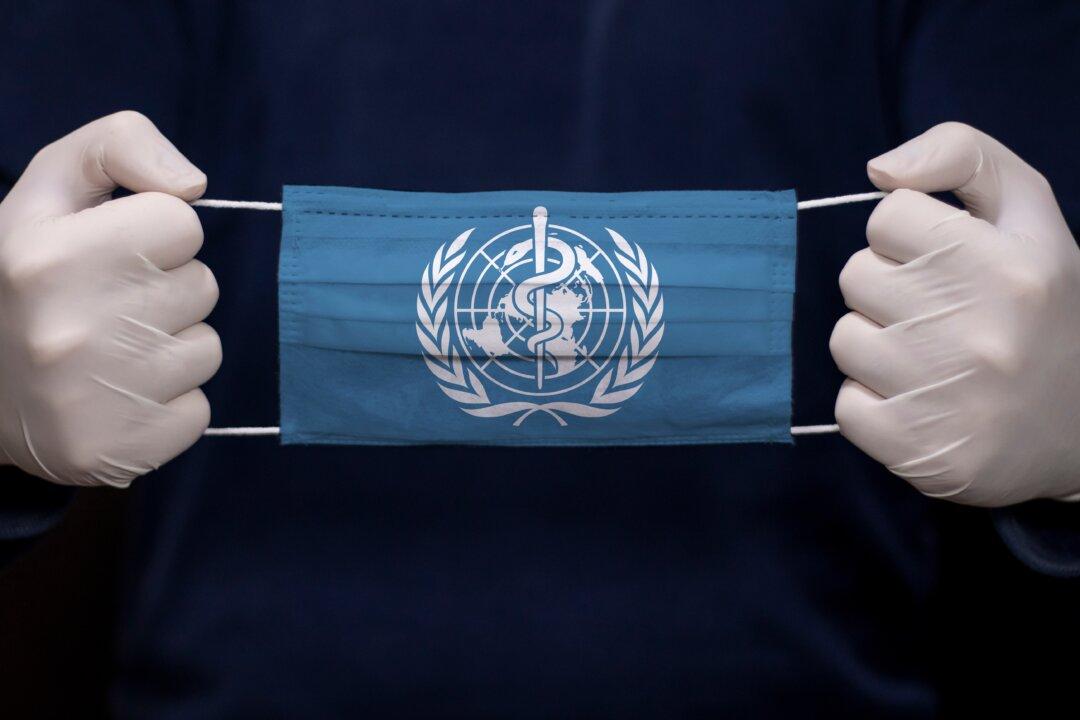Commentary
Are you seeking social connection in these post-lockdown times of fragmentation, disorientation, sadness, economic loss, and ill-health?

Are you seeking social connection in these post-lockdown times of fragmentation, disorientation, sadness, economic loss, and ill-health?